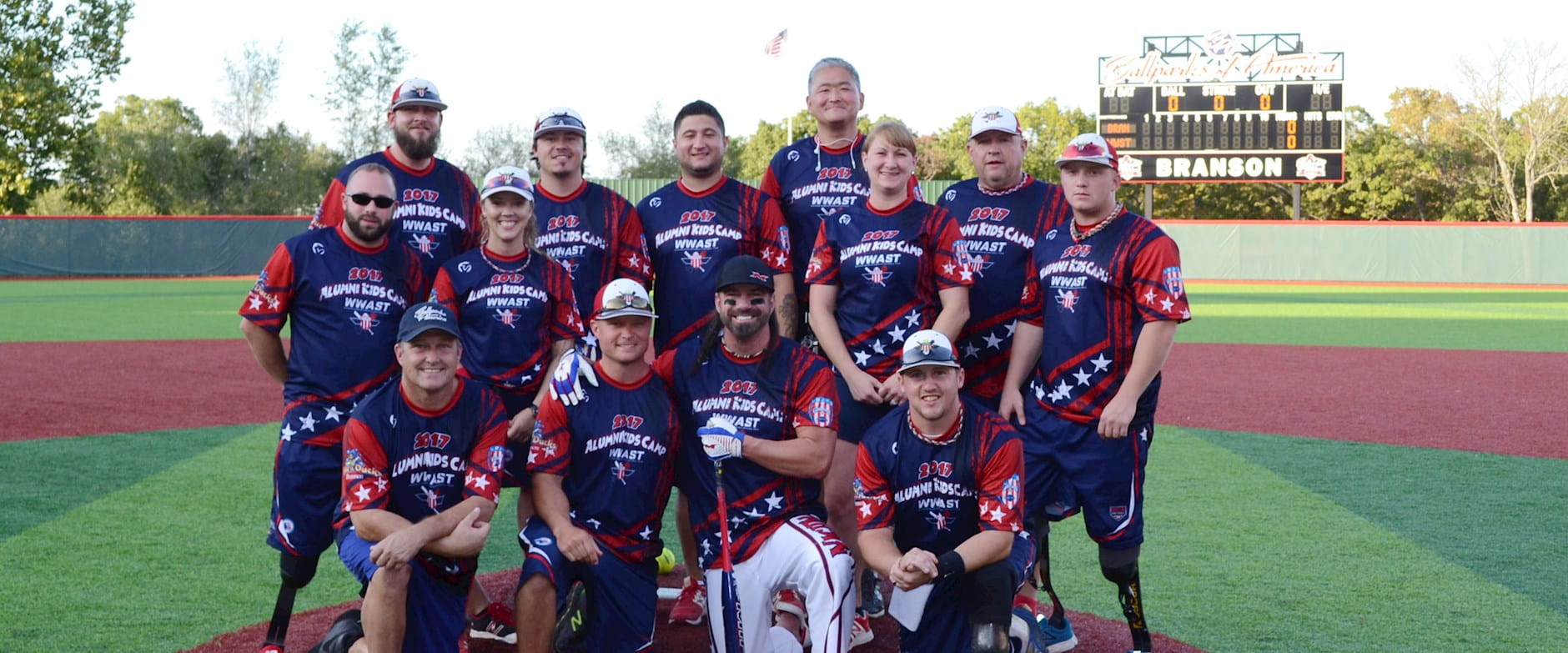Waving his hand, Hamilton Chang, ’93, imitates the new, innovative pitching machine that uses software to duplicate and simulate the signature spin of any one pitcher. This new software can prepare batters to face any particular pitcher, and measure players’ baseball IQ: if they can see the spin and arc of the ball and how they react to the ball. This allows players to work on their weaknesses for weeks and then to prepare them for a specific pitcher they might face, says Chang.
“If you’re a pianist, you warm up,” Chang says. “We’re doing a high-level warming-up of players’ eyes, priming them to identify the highest probability pitches they’ll face in upcoming games.”
The machine can also test and train players other than batters. Catchers can practice as it throws balls that skip away or toward them, and learn how particular pitches will move. And shortstops and other infield players can train their quick reflexes with help from the software’s data-gathering.
“If you know a batter has a 60 percent chance of hitting a ball between second and third base at a certain spot, you’ll be a more successful shortstop,” he notes.
Eight machines are already sold or leased to major-league and Division 1 entities, and Chang recently attended Major League Baseball’s 2023 Florida Spring Training to talk with other teams about adopting them, as a consultant with New York–based technology services company Winmill Sports, which designs and produces this tech.
Chang is excited because the technology could make high-level baseball more accessible to young players determined to up their game and get into college or professional programs. Club and travel baseball programs can be extremely competitive and expensive for kids to access, which makes advancement in the sport sometimes only possible for kids whose parents can afford the investment. This technology is an equalizer, because it allows hitters everywhere to take a “standardized test” of how they face down 40 pitches, and then it can be submitted to coaches and scouts, rather than players needing to attend pricey exposure tournaments.
Chang grew up “terrible” at baseball as a first-generation immigrant child in Michigan with busy parents, he says. He rode his bike to practice and games, and enjoyed it, but didn’t know how to improve. At a time when youth-league costs are high, he hopes software that provides high-level training could open up opportunities for more young players to advance in the sport.
“I want to help people who have talent and gumption but lack the budget for expensive baseball coaching or tournaments,” he says.
Being a Booth graduate and working hard, he says, allowed him to retire early and focus on his wife and four kids and other things. After Chang retired from investment banking in 2009, he turned toward many new pastimes, while also pursuing old passions.
“The idea is to be efficient with my time,” he says about his retirement plans, “but I have places to go, and people to love.”
He’s seeking a biographer for his father, who survived China’s Communist Revolution and served as a personal physician to the president of Taiwan. A professional singer and trained violinist from before he entered Booth’s Full-Time Program, Chang is now a member of a 14-member chorale, the Sheridan Singers, that performs around Chicagoland and sporting events, and he has performed the national anthem at Chicago White Sox, Chicago Cubs, and Detroit Tigers games.
Chang is working on various artistic projects with old friends. He is producer for a documentary, Chorale Singing In America: The past, Present and Future with his college professor and mentor Dr. Jerry Blackstone.
He also sits on the board of a foundation dedicated to using music and history to bring people together, which is creating a musical Shanghai Sonatas, created and composed by a friend of three decades, University of Delaware violin professor Sean (Xiang) Gao. It tells the story of Jewish musicians who fled the Nazis and built lives, careers, and friendships in Shanghai. The concert version is premiering in LA and set to perform around the country. Chang is executive producer and has a part-time role managing the musical’s marketing interns.
And in the early days of his retirement, Chang spent much of his time driving around the Midwest to his kids’ sports games, which led to an entrepreneurial plan to develop a youth sports complex, Ballparks of America, in the entertainment hub of Branson, Missouri.
He wanted to make a baseball-centered complex, within a day’s drive for much of the country, that offered replicas of several iconic US sports stadiums as well as “team housing” for kids. He also knew that Branson would provide activity choices beyond baseball for other family members, making Ballparks of America a true sports-tourism destination.
When it opened in summer 2016, the complex featured two-thirds-scale reproductions of Wrigley Field, Fenway Park, Busch Stadium, Tiger Stadium, and the historical Ebbets Field. With his cofounders, Chang sold Ballparks in 2020.
Receiving his first training in business at Booth helped him prepare for his work with Winmill, he says. His goal in the next six months is to get the pitching machines into more major league stadiums, then extend into the minor leagues, and then into batting cages around the country, using a rent model with revenue share.
“Every time we run a training session, the batting cage owner will make income—so then they can cover our rent and make a profit with our machine in their facility,” says Chang. “The machines will be accessible to more kids that way.”


